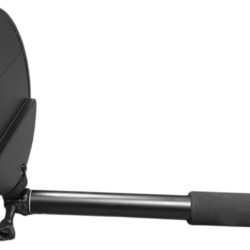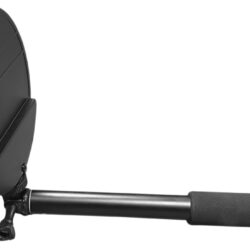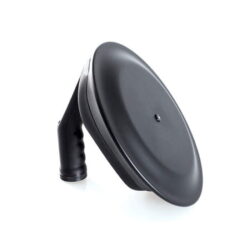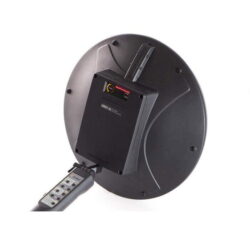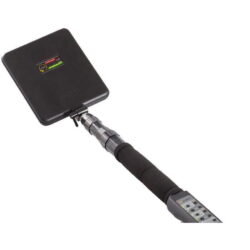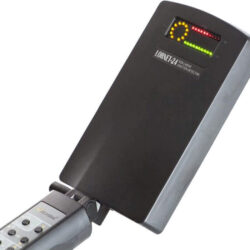Showing all 6 resultsSorted by latest
Non Linear Junction Detectors
🛰️ NLJD – Non Linear Junction Detectors for Advanced Bug Detection
NLJDs (Non Linear Junction Detectors) are powerful tools used to locate hidden electronics — even when they’re powered off. These devices are essential for high-level counter-surveillance sweeps in boardrooms, vehicles, and secure environments where passive threats may exist.
OzSpy has been a trusted supplier of advanced bug detection tools in Australia since 1998.
🔍 What Is an NLJD?
A Non Linear Junction Detector works by transmitting high-frequency RF energy into a targeted area. Any non-linear junction — such as a semiconductor in a hidden camera, GPS tracker, or microphone — reflects a signal back that the NLJD can detect.
Even inactive bugs can be found this way, making NLJDs one of the only tools that work when RF or power signatures are absent.
⚙️ What Can NLJDs Detect?
-
Hidden cameras (even if turned off)
-
Audio recorders or listening devices
-
GPS trackers inside vehicles
-
Electronics inside walls, furniture, or devices
Unlike RF scanners that rely on signal transmission, NLJDs react to electronic components themselves, not emissions.
📚 The Technology Behind It
NLJDs detect two main harmonic responses:
-
Second harmonic – Strong indicator of modern electronics (e.g. silicon chips)
-
Third harmonic – Can indicate metals or corroded materials (e.g. nails, oxidised wires)
Advanced NLJDs can differentiate between a real bug and a false alarm, like a rusty nail.
🧪 Spectrum Analysers & RF Scanners vs. NLJDs
While spectrum analysers and RF scanners show active signals and help identify live transmissions:
-
NLJDs find threats when they’re powered off
-
Perfect for discovering sleeping bugs or hidden hardware in secure zones
A full sweep often uses both tools — with the NLJD checking for passive threats, and spectrum analysis checking the RF environment.
🛠️ How an NLJD Works (Simplified)
-
Sends out a pulse of high-frequency energy
-
Waits for a harmonic response from nearby electronics
-
If detected, alerts the operator visually and/or audibly
-
Operator can then pinpoint the location and investigate
🛑 Are NLJDs Easy to Use?
NLJDs are expert-level devices with a learning curve. While not recommended for beginners, trained users can confidently sweep:
-
Executive offices
-
Meeting rooms
-
Sensitive legal or medical areas
-
Vehicles and fleet equipment
💡 EMR Detection & Complementary Tools
Some NLJD units also include:
-
EMI/EMR sensors – To pick up nearby electromagnetic radiation
-
Laser pointer guidance – For accurate scanning
-
Log files – To store sweep data
Combine NLJD use with RF scanners, and spectrum analysers for full-spectrum security.
🛒 Shop NLJD Equipment
OzSpy offers quality Non Linear Junction Detectors trusted by professionals across Australia. Browse our selection above or contact our team for support in choosing the right unit.

